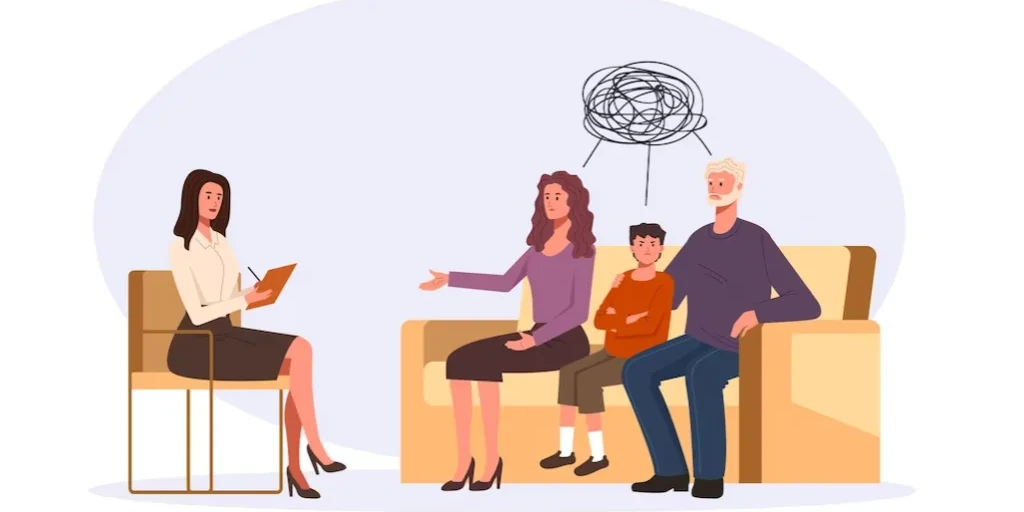24/7 Helpline:
(866) 899-221924/7 Helpline:
(866) 899-2219
Learn more about Eating Disorder Treatment centers in Beaverton
Eating Disorder Treatment in Other Cities

Other Insurance Options

United Health Care

Group Health Incorporated

Carleon

Choice Care Network

Providence

Coventry Health Care

Sliding scale payment assistance

Meritain

Kaiser Permanente

Premera

CareSource

Sutter

Humana

CareFirst

Private insurance

Excellus

Highmark

WellCare Health Plans

Access to Recovery (ATR) Voucher

UnitedHealth Group

Sequoia Mental Health Services
Sequoia Mental Health Services is a behavioral health rehab facility in Beaverton, OR for men and wo...

Western Psychological and Counseling Services – Building B
Western Psychological and Counseling Services provides mental health and substance abuse outpatient ...

Western Psychological and Counseling Services – Building A
Western Psychological and Counseling Services provides mental health and substance abuse outpatient ...

Cornell West
Cornell West is an outpatient facility that offers mental health treatment for individuals, couples,...











Central Michigan Counseling
Central Michigan Counseling is a private rehab located in Beaverton, Michigan. Central Michigan Coun...

Center of Excellence in Co Occurring Medicine
Center of Excellence in Co Occurring Medicine is a private rehab located in Beaverton, Oregon. Cente...

ChangePoint
ChangePoint is a private rehab located in Beaverton, Oregon. ChangePoint specializes in the treatmen...

Youth Contact
Youth Contact is a private rehab located in Beaverton, Oregon. Youth Contact specializes in the trea...








